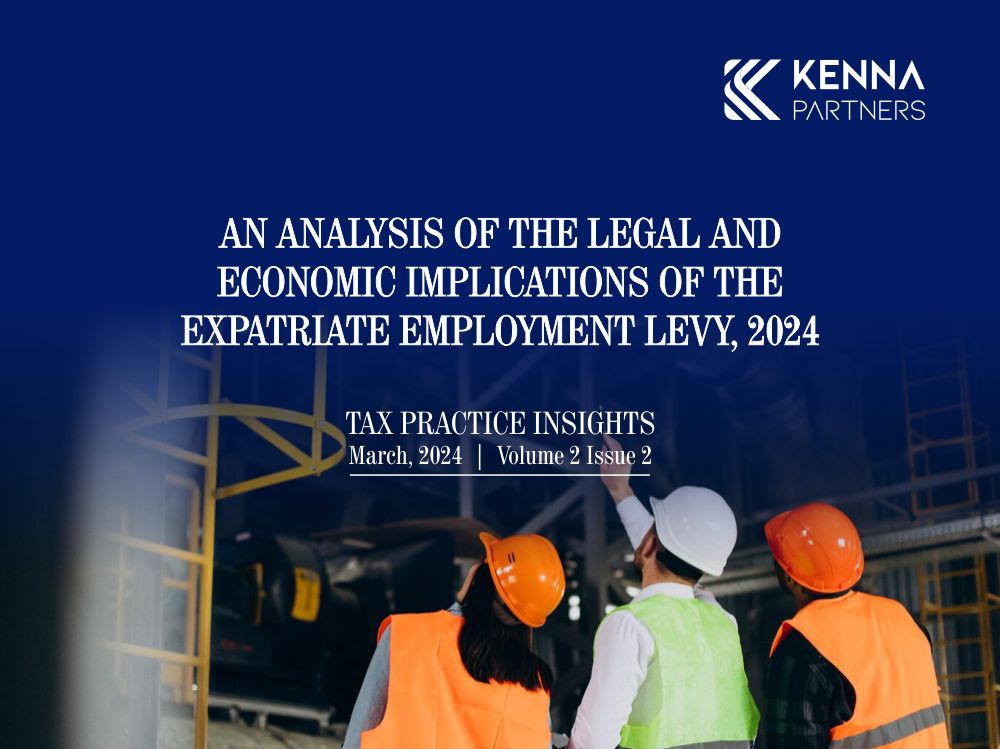

In recent times, the Nigerian economy has undergone several downturns. The attendant realities have necessitated the drive for a major shift from the reliance on crude oil revenue. Accordingly, there have been calls for an improvement in internally generated revenue, through efficient tax administration, amongst others.
However, a major factor affecting internally generated revenue is tax disputes and the time span for eventual payment of assessed taxes, post dispute resolution. So as to reduce the incidence of the above (amongst other reasons), in certain instances and upon the fulfillment of certain conditions, extant tax laws may require a taxpayer who seeks to challenge a tax appeal to pay a fraction of the assessed tax or a given amount (statutory tax deposit), pending the hearing and determination of the taxpayer’s appeal.
The issue of statutory tax deposit has been the subject of controversy and debate over the years. These debates centre around the constitutionality, validity and fairness of statutory tax
deposits as well as the workings of the legal framework for them. In relation to this issue, two popular matters before the Tax Appeal Tribunal in the year 2021, involving MultiChoice Nigeria Limited and MultiChoice Africa Holdings B.V -(TAT/ LZ/ CIT/ 062/ 2021 – Multichoice Nigeria Limited v. FIRS and TAT/LZ/VAT/064/2021 Multichoice Africa Holdings B.V v. FIRS), are apposite. The referenced tax appeals and the decisions reached by the Tax Appeal Tribunal(‘’TAT’’) particularly on the subject of statutory tax deposits and the implications thereof, unfolded numerous legal issues ranging from the legality of certain conditions precedent to the institution of tax appeals, the propriety of granting interlocutory orders that in effect settle the substantive disputes between parties as well as a number of inconsistencies in some of our existing tax laws.
Given the importance of the conflicting pronouncements made in both Appeals, and the long-term effects they will have in respect of future Appeals, there is a genuine need to evaluate the reasoning behind the decisions of the Tax Appeal Tribunal, the actual tenor of Nigerian law on the subject and the potential implications of these decisions on the Nigerian economy and tax regime.
No results found.
